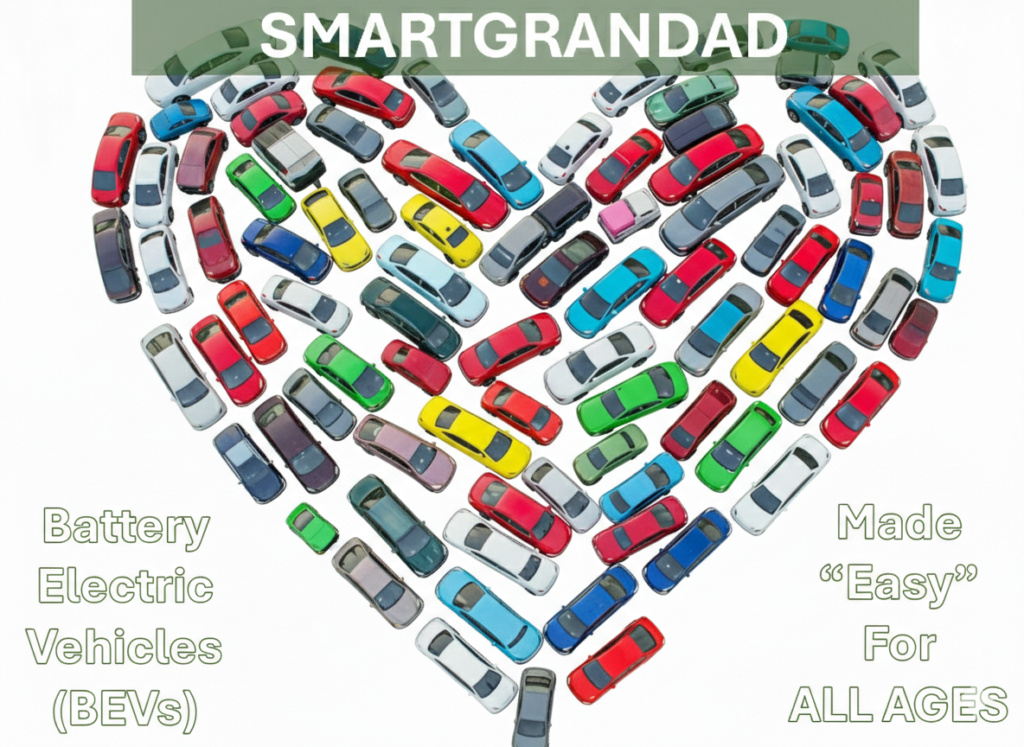POSTS > Views & Opinions
20250327: The Crucial Factor When Choosing An EV
The electric vehicle (BEV) market is booming, bringing a wealth of new features.
However, for long-distance driving, one element stands out: 800V electrical architecture.
This technology significantly reduces charging times and increases efficiency, directly combating range anxiety and charging delays.
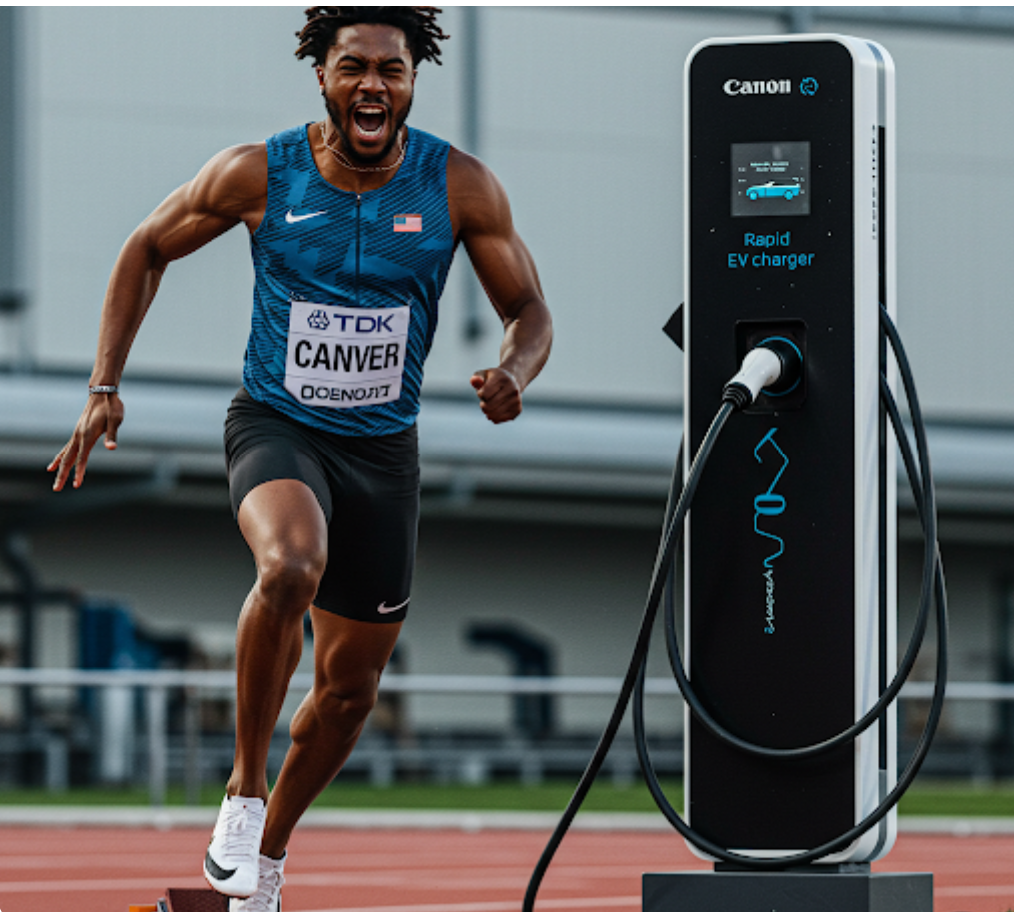
Why 800V Matters:
- Faster Charging: 800V systems can achieve a 10-80% charge in approximately 18-20 minutes on compatible high-power DC fast chargers, compared to 30-45 minutes for 400V systems.
- Enhanced Efficiency: Higher voltage minimizes energy loss during charging, reducing heat generation and improving battery lifespan.
- Reduced Charging Queues: Faster charging times effectively double charger throughput, decreasing wait times.
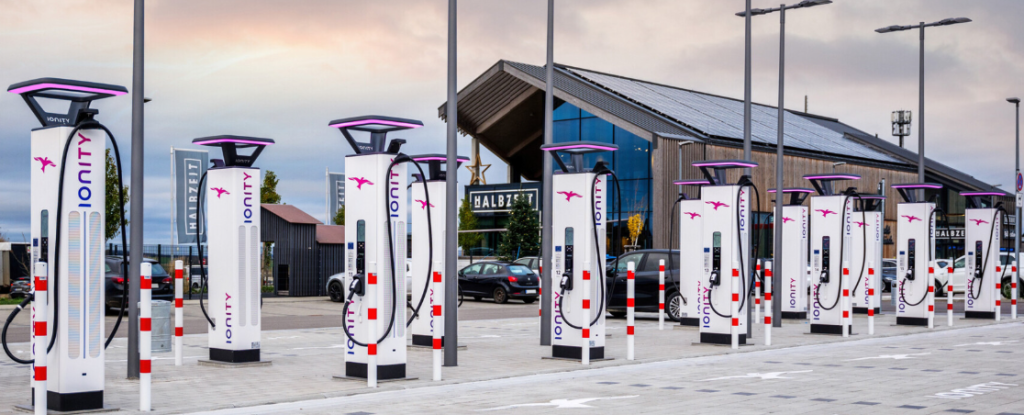
Example: Ford Capri (400v) v Kia EV6 (800v)
The Ford Capri utilizes a 400-volt architecture, using the Volkswagen MEB platform.
The Kia EV6 is built on the 800v Electric-Global Modular Platform (E-GMP) from Hyundai.
See the Real World Range and Charging Speed info from evkx.net.
Interestingly, whilst the Kia EV6 has better range at slower speeds, the Ford just edges it at speeds of 120kmh /75mph.
But for Average Charging Speeds the Ford manages 91.6kwh and the Kia 171.8kwh.
Ford Capri (400v)
Real world range estimates
The table below shows some estimated real-world examples in perfect condition and in conditions needing A/C to heat or cool vehicles. See our range guide to see how the range is affected in real world. )
| Range | Consumption | |
|---|---|---|
| 90kmh/56mph perfect condition | 439 km / 273 mi | 18 kWh/100km / 3.5 mi/kWh |
| 90kmh/56mph with 2KW heating | 402 km / 243 mi | 20.2 kWh/100km / 3.1 mi/kWh |
| 120kmh/75mph perfect condition | 359 km / 223 mi | 22 kWh/100km / 2.8 mi/kWh |
| 120kmh/75mph with 2KW heating | 334 km / 208 mi | 23.7 kWh/100km / 2.6 mi/kWh |
Kia EV6 (800v)
Real world range estimates
The table below shows some estimated real-world examples in perfect condition and in conditions needing A/C to heat or cool vehicles. See our range guide to see how the range is affected in real world. )
| Range | Consumption | |
|---|---|---|
| 90kmh/56mph perfect condition | 444 km / 276 mi | 18 kWh/100km / 3.5 mi/kWh |
| 90kmh/56mph with 2KW heating | 406 km / 245 mi | 20.2 kWh/100km / 3.1 mi/kWh |
| 70mph/112kmh perfect condition | 364 km / 226 mi | 22 kWh/100km / 2.8 mi/kWh |
| 70mph/112kmh with 2KW heating | 337 km / 209mi | 23.8 kWh/100km / 2.6 mi/kWh |
| 120kmh/75mph perfect condition | 333 km / 207 mi | 24 kWh/100km / 2.6 mi/kWh |
| 120kmh/75mph with 2KW heating | 311 km / 193 mi | 25.7 kWh/100km / 2.4 mi/kWh |
Ford Capri (400v)
82 kWh
 Download chart
Download chart
| Average charging speed 0 – 100% | 72.5 kW |
| Average charging speed 10-100% | 69.6 kW |
| Average charging speed 10-90% | 82.0 kW |
| Average charging speed 10-80% | 91.6 kW |
Kia EV6 (800v)
84kWh
 Download chart
Download chart
| Average charging speed 0 – 100% | 63.5 kW |
| Average charging speed 10-100% | 59.1 kW |
| Average charging speed 10-90% | 118.2 kW |
| Average charging speed 10-80% | 171.8 kW |
Why 800V Matters:
- Faster Charging: 800V systems can achieve a 10-80% charge in approximately 18-20 minutes on compatible high-power DC fast chargers, compared to 30-45 minutes for 400V systems.
- Enhanced Efficiency: Higher voltage minimizes energy loss during charging, reducing heat generation and improving battery lifespan.
- Reduced Charging Queues: Faster charging times effectively double charger throughput, decreasing wait times.
Manufacturers Embracing 800V:
- Porsche (Taycan)
- Hyundai/Kia (Ioniq 5/6, EV6/9 – E-GMP platform)
- Audi (e-tron GT)
- Genesis (GV60, GV70, GV80 Electrified – E-GMP platform)
- Xpeng (G6/9)
- NIO (ET5, ET7)
- Geely (Zeekr 001)
- Lucid Motors (Lucid Air 900+V)
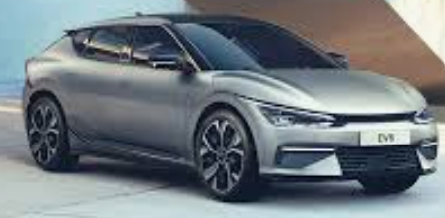
The Future:
BYD is pioneering 1000V technology, aiming to further reduce charging times and improve efficiency.
This advancement promises to add hundreds of kilometres of range in just five minutes, pushing the boundaries of EV convenience.
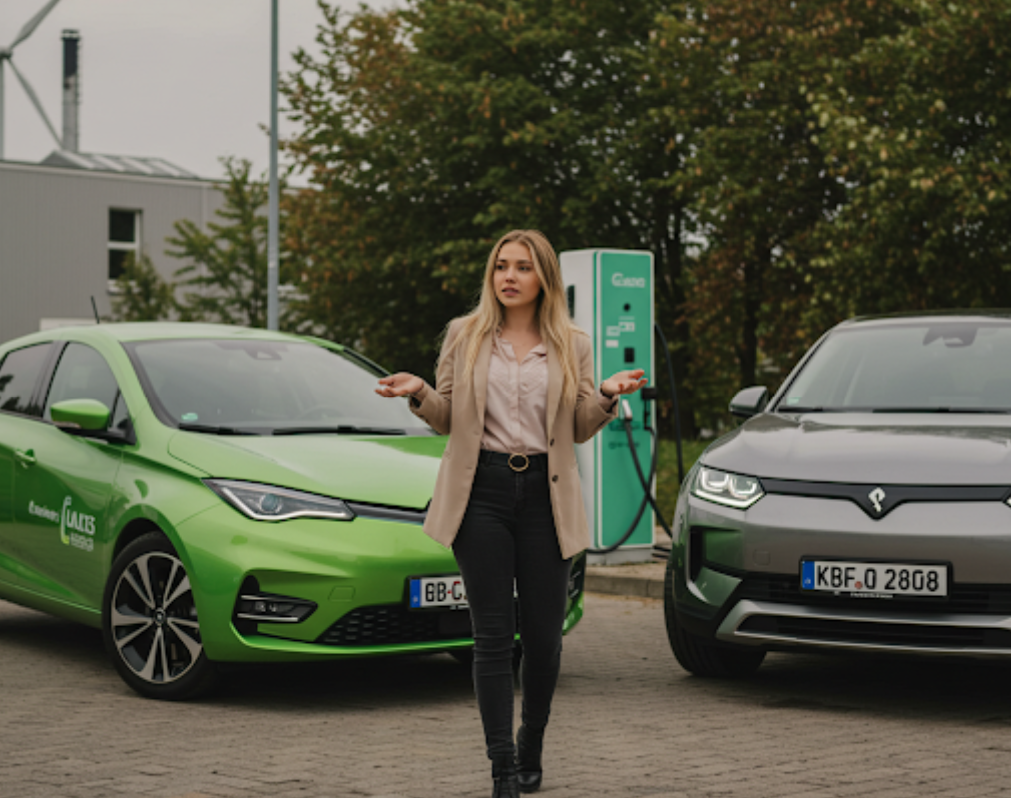
Make the Right Choice:
For faster charging and future-proof performance, prioritize BEVs with 800V (or higher) electrical architectures.
From personal experience, having a faster average charging speed eliminates any charging time frustration when doing many 1000 km / 620 miles per. day journeys.
However, if you are mainly using your car in the town and have your own charger at home, a 400v architecture should suffice.
Click here to see all Manufacturers and Models plus Reviews and Real World Range info.
Use SmartGrandads Models Selector page and see which models have 400v, 800v,900v or 1000v architectures.
